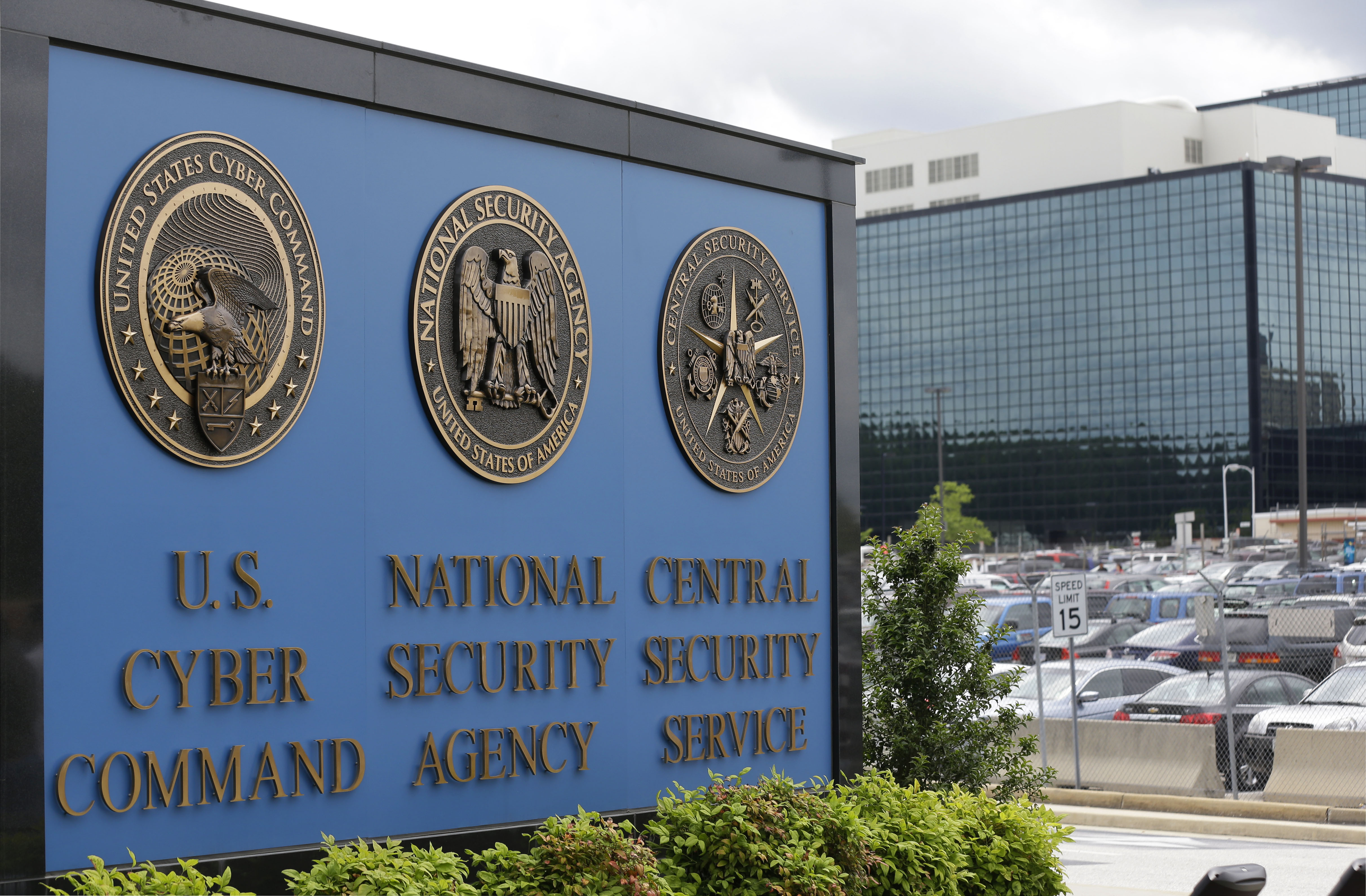WASHINGTON (AP) — For President Barack Obama, August was supposed to be the month a sweeping immigration bill landed on his desk. There was hope for movement on a grand deficit deal with Republicans, and in the optimistic early days of his second term, even a belief that Obama would have already achieved stricter gun laws.
Videos by Rare
Instead, Obama finds his fifth year in office beset by distractions — perhaps none with broader domestic and foreign policy implications than the revelation of secret government surveillance programs. The matter dominated Obama’s hourlong news conference Friday, with the issues the White House had hoped to be promoting this summer either playing a diminished role or none at all.
The president set the tone, opening the question-and-answer session by announcing that he would work with Congress to make “appropriate reforms” to the National Security Agency surveillance programs, while also making clear he had no intention of stopping the daily collection of Americans’ phone records.
“Given the history of abuse by governments, it’s right to ask questions about surveillance, particularly as technology is reshaping every aspect of our lives,” he said, one day before leaving for a weeklong vacation with his family on Martha’s Vineyard.
Even without the NSA revelations, Obama would still be facing the same political dynamic with congressional Republicans that stalled progress on immigration, squashed hope for a grand bargain and defeated gun control and a host of other administration priorities. And it’s a reality of any administration that unexpected challenges can arise and shake up the White House’s carefully laid plans.
But the sweeping scope of the surveillance disclosures leaked by former NSA systems analyst Edward Snowden means the issue is likely to be more than a temporary distraction for Obama, given the vigorous debate they have prompted on Capitol Hill and among the American public.
Obama’s poll numbers have dropped since the programs became public, which could hamper his political leverage in Washington. And advisers say privately that the surveillance revelations are particularly problematic because the issue strikes a chord with Obama’s Democratic base and can’t simply be dismissed as partisan-driven.
Seeking to address critics of the secret programs, the president on Friday acknowledged that he may have underestimated the public’s concerns. He also outlined steps that he said he hopes will increase Americans’ confidence in the programs.
Among those steps are the creation of an independent attorney to argue against the government during secret hearings of the Foreign Intelligence Surveillance Court, which reviews requests for surveillance inside the U.S. He is also forming an outside advisory panel to review U.S. surveillance powers.
The president says he welcomes the ongoing debate over government surveillance, though his national security team has said it never intended to tell Americans about the highly classified programs.
Obama also acknowledged as much Friday: “There’s no doubt that Mr. Snowden’s leaks triggered a much more rapid and passionate response than would have been the case.”
While the NSA revelations have intruded on Obama’s second-term domestic agenda, they have become directly entangled with some of his foreign policy priorities. Snowden chose as his overseas hideouts Hong Kong, a semiautonomous region of China, and Russia — countries with complex and sometimes prickly relationships with the United States.
Russia granted Snowden temporary asylum, prompting Obama to cancel plans to meet with Russian President Vladimir Putin in Moscow in September. While relations with the U.S. and Russia had already been deteriorating, the Kremlin’s decision on Snowden pushed them to a new low and underscored Russia’s willingness to thwart the White House’s demands.
Leaders in Europe, where many countries have stricter privacy laws than in the U.S., have also criticized the surveillance problems. Obama has been pressed on the issue in meetings and phone calls with the continent’s leaders.
The president on Friday appeared keenly aware of how the international community was viewing the surveillance and privacy debate in the U.S.
“To others around the world, I want to make clear once again that America is not interested in spying on ordinary people,” he said. “Our intelligence is focused above all on finding the information that’s necessary to protect our people and, in many cases, protect our allies.”
The issue of government surveillance had been largely dormant until June, when stories broke in Britain’s Guardian newspaper and The Washington Post detailing secret programs to track U.S. phone and Internet records. Details of the programs had been leaked by Snowden.
Every day, the NSA sweeps up the phone records of all Americans. The program was authorized under the USA Patriot Act, which Congress hurriedly passed after the Sept. 11, 2001, terrorist attacks. The NSA says phone records are the only information it collects in bulk under that law. But officials have left open the possibility that it could create similar databases of people’s credit card transactions, hotel records and Internet searches.
___
Follow Julie Pace at http://twitter.com/jpaceDC
Copyright 2013 The Associated Press.



